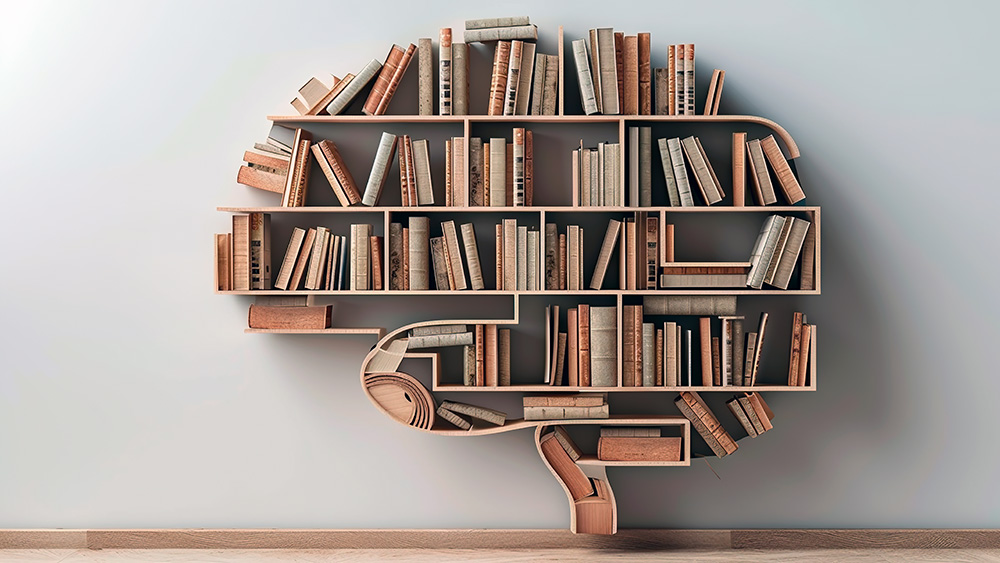
An Event Prof’s Neuroscience Bookshelf
Convene asked two event professionals with expertise in applying neuroscience to events for their top book picks.

Convene asked two event professionals with expertise in applying neuroscience to events for their top book picks.

We tend to separate event participants into two camps — introverts or extroverts — but we should design our events for the overlooked ambiverts, too.

Behavioral science expert Dominic Thurbon on why the last hour of your event is so important to its success — and how he thinks you should use it.
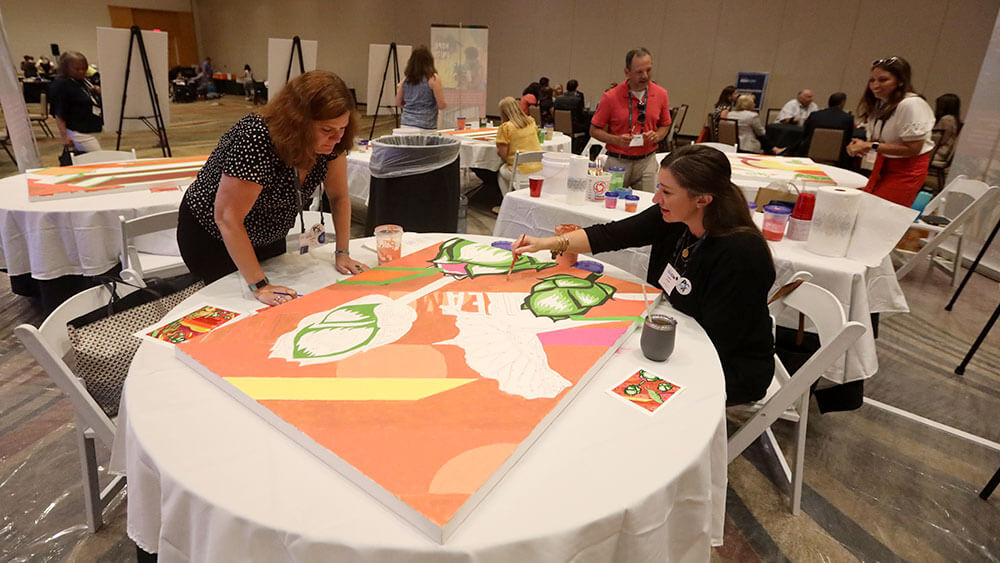
New research shows that visual art can do more than add beauty to your events — it can help build connections.
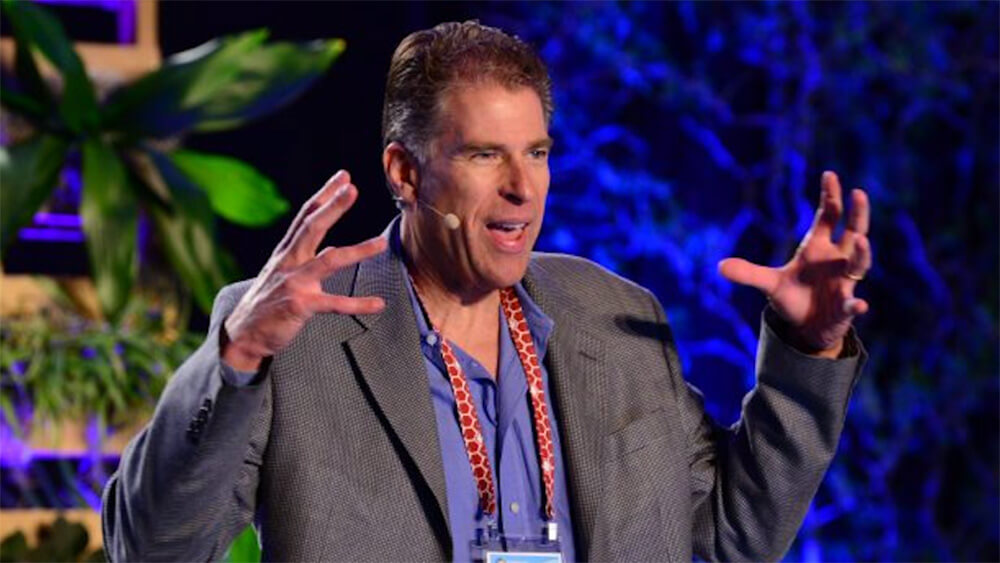
Neuroscientist Paul Zak on how immersion is created — and how to make the most of it.
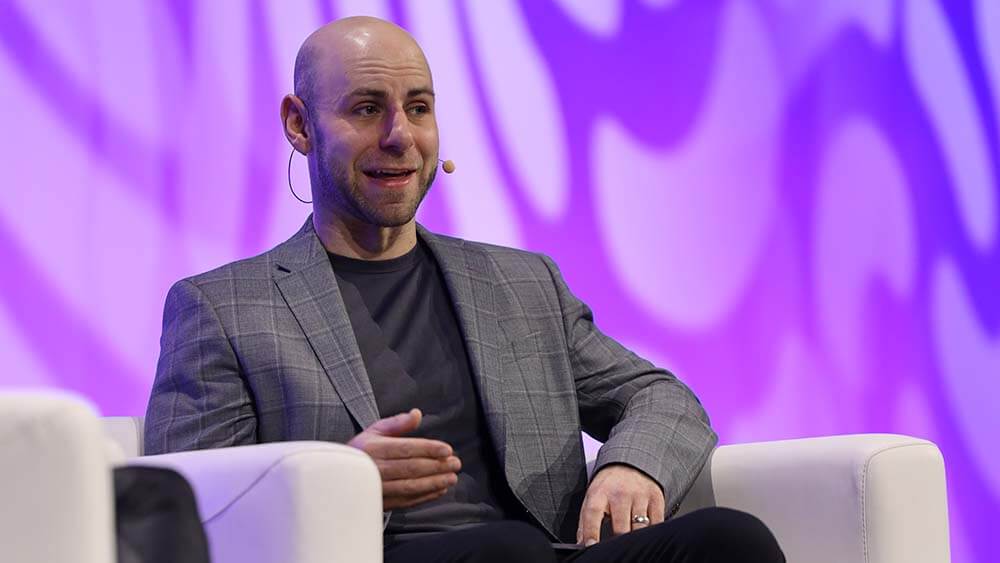
Organizational psychologist Adam Grant explains what we’ve gotten wrong about learning styles — and how thinking about them differently can benefit our audiences.
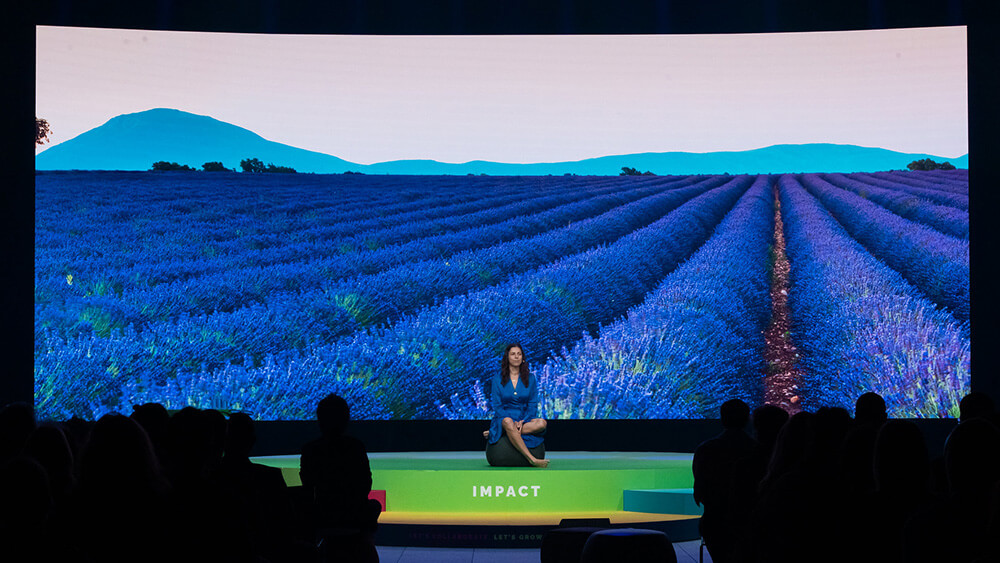
The opening and closing sessions at Convening EMEA 2023, which dared to be a little different, paid off by creating memorable experiences that supported the goals of the event — and what matters most to participants.
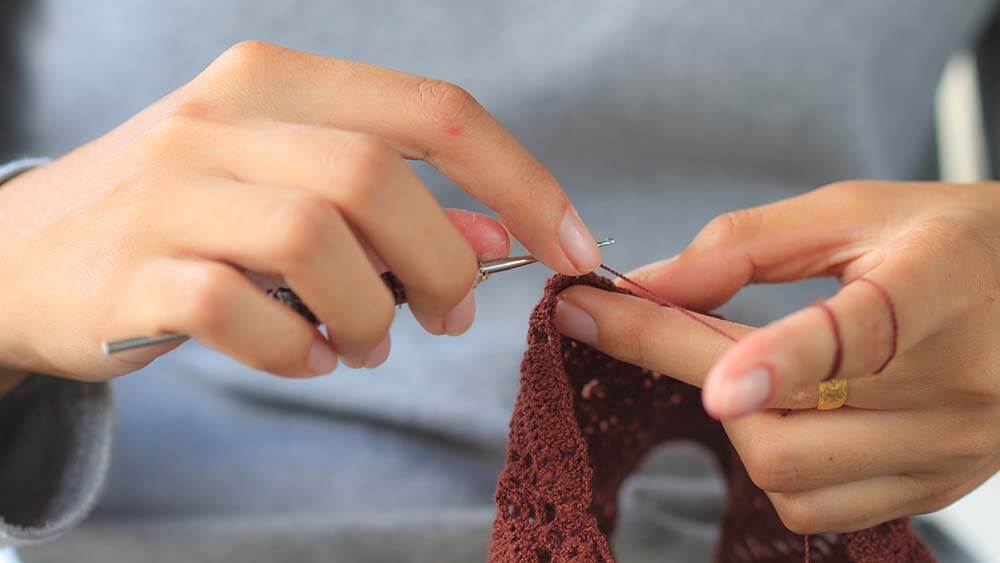
I’m also paying better attention, and neuroscience backs up that fact.
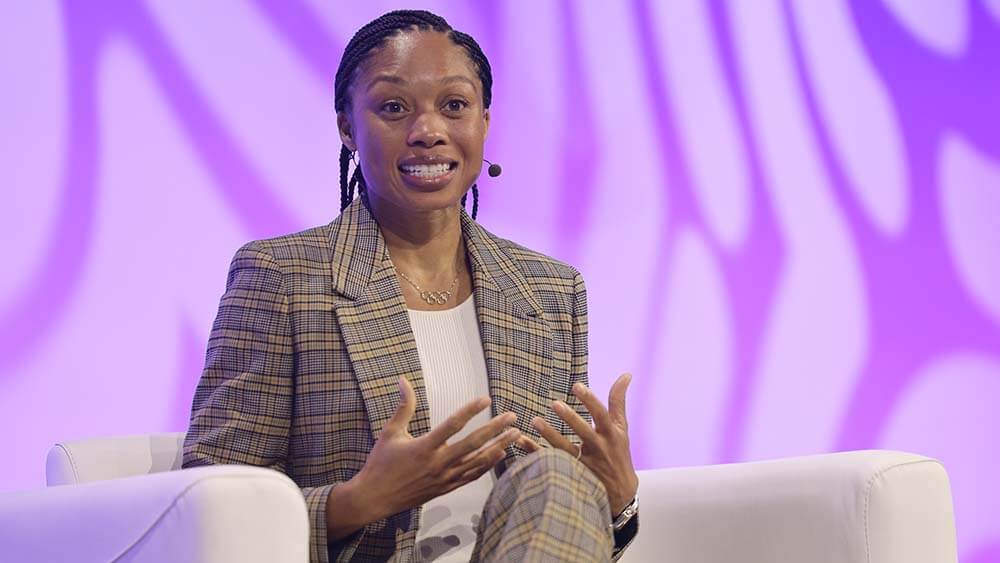
Awe is a powerful force for bringing people together — and it’s not just for special occasions.
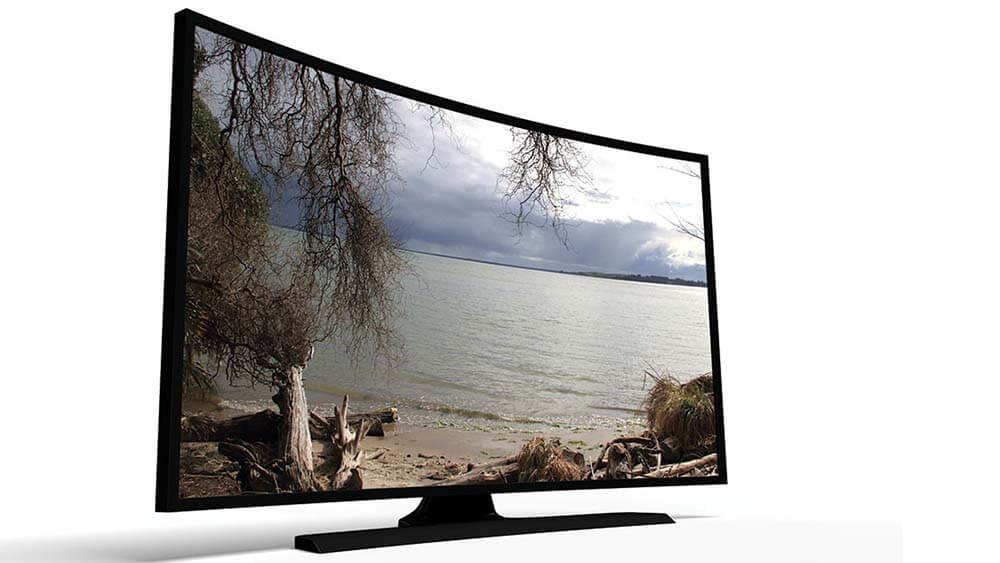
For many tasks, the smaller the screen, the smaller the thoughts. Get the big picture in our latest Meetings and Your Brain column.
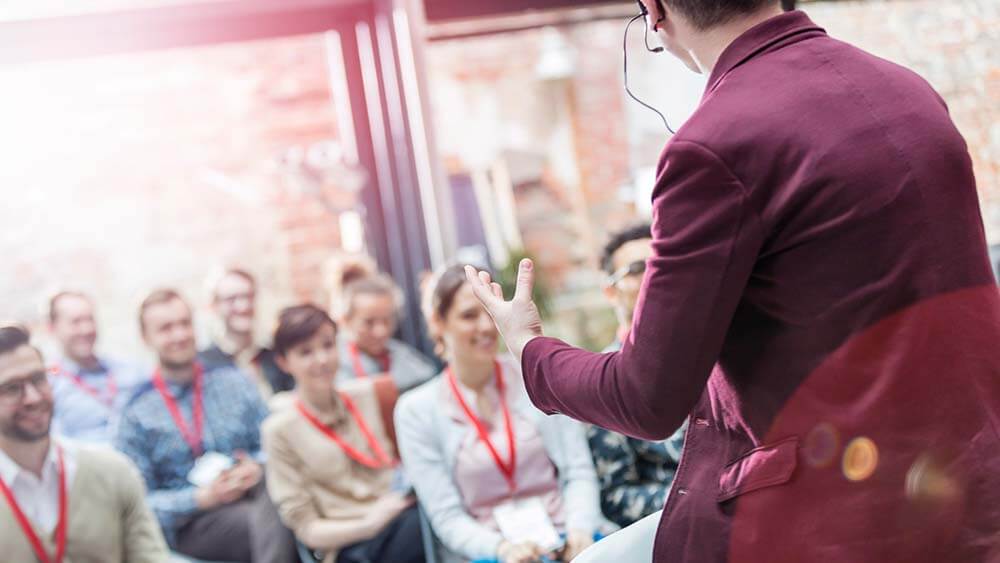
In our latest Meetings and Your Brain column, we look at why the first and last 5 percent of a meeting "really matters," as conflict resolution facilitator Priya Parker says.
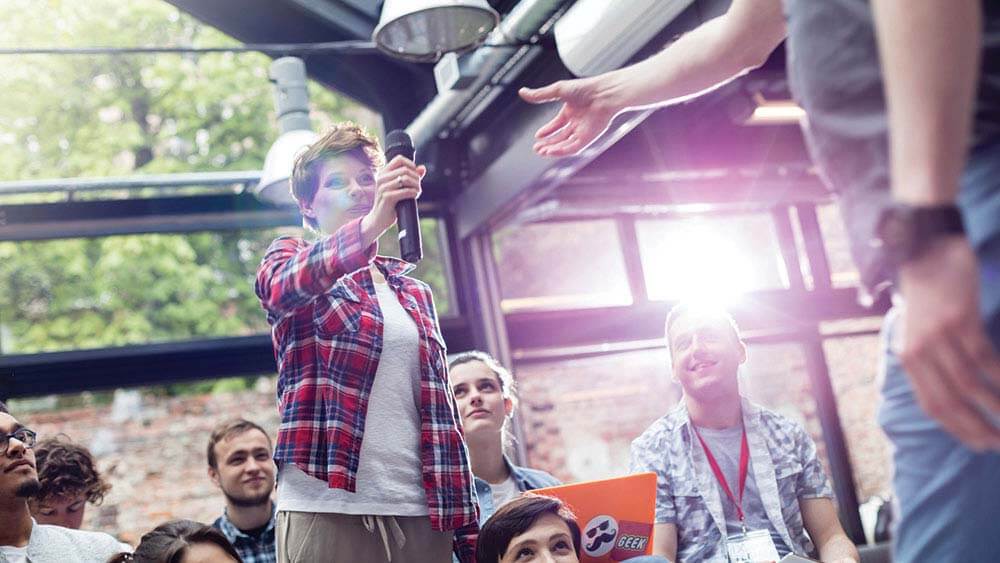
In our latest Meetings and Your Brain column, we look at how findings from research on training programs can help event organizers create more memorable and extraordinary experiences for their audiences.